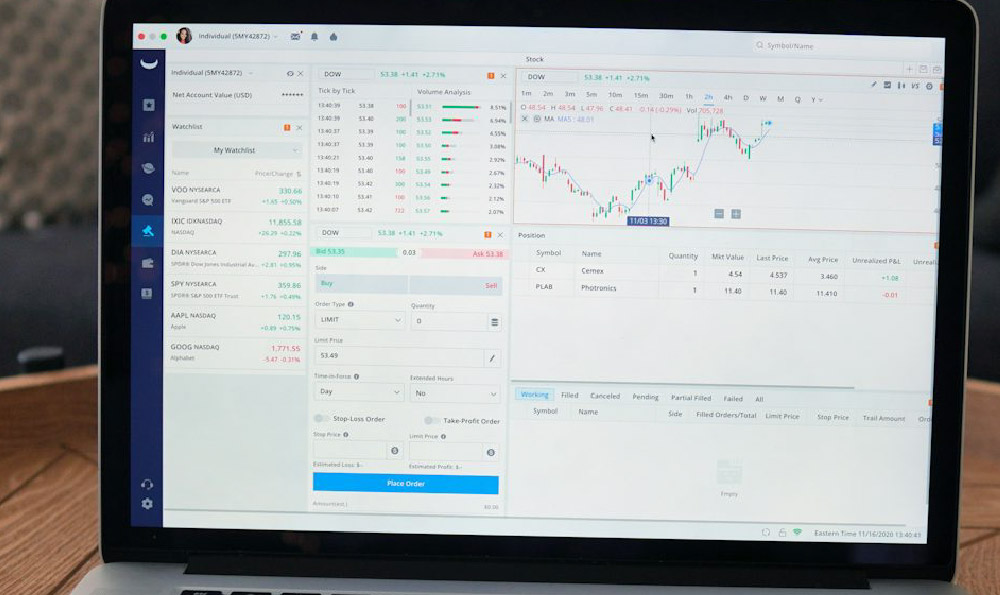Is Turo profitable, and how can you make money with it?
Turo, a peer-to-peer car rental marketplace, has garnered considerable attention as a potential avenue for passive income. Whether or not it's "profitable" and how to maximize earnings on the platform are complex questions with nuanced answers, depending heavily on individual circumstances and strategic decisions. Let's delve into the factors that influence Turo profitability and outline key strategies for success.
At its core, Turo's profitability hinges on the difference between the revenue generated from renting out your vehicle and the expenses associated with operating it. These expenses encompass a wide array of factors, including the initial purchase price of the vehicle, depreciation, insurance, maintenance (including routine servicing, tire replacements, and unexpected repairs), cleaning, registration fees, taxes, and Turo's commission (which varies depending on the protection plan you choose).
The model of the car significantly impacts both appeal and potential profitability. Fuel-efficient, popular models tend to attract more bookings and command higher rental rates. Luxury or unique vehicles can also fetch premium prices, but they come with increased acquisition and maintenance costs. Consider the local market demand. In areas with high tourism or limited public transportation, the demand for rental cars is generally greater, leading to potentially higher occupancy rates and revenue.

Pricing strategy is paramount. Setting competitive rates that attract renters while maximizing your profit margins requires careful analysis. Research comparable listings on Turo in your area, taking into account the vehicle type, age, mileage, and condition. Dynamic pricing, adjusting rates based on demand fluctuations (e.g., weekends, holidays, special events), is a powerful tool for optimizing revenue. Be cautious about underpricing your vehicle significantly just to secure bookings; prioritize a balance between occupancy and profitability. Offering discounts for longer rental periods can incentivize renters to book for extended durations, boosting overall revenue.
Effective listing optimization is crucial for visibility. High-quality photographs showcasing the vehicle's interior and exterior, highlighting its key features and benefits, are essential. A well-written and detailed description accurately portrays the vehicle's condition, specifications, and any unique amenities it offers. Prompt and professional communication with potential renters is vital for securing bookings and building a positive reputation. Responding quickly to inquiries, addressing concerns effectively, and providing excellent customer service are key differentiators.
Insurance considerations are critical. Turo offers various protection plans with different levels of coverage and commission rates. Carefully evaluate these plans to determine the best option for your risk tolerance and budget. Understand the terms and conditions of each plan, including coverage limits, deductibles, and exclusions. Consider obtaining supplemental commercial insurance for added protection, especially if you plan to rent out your vehicle frequently.
Maintenance is a significant expense that can impact profitability. Regular maintenance, including oil changes, tire rotations, and brake inspections, is essential for keeping your vehicle in good working order and preventing costly repairs down the line. Keep detailed records of all maintenance and repairs. Address any issues promptly to avoid further damage and potential safety hazards. Consider offering amenities such as phone chargers, AUX cables, or even pre-paid tolls to make rentals smoother.
Location matters immensely. Parking availability and accessibility are crucial factors for renters. Consider offering delivery and pickup options to renters at convenient locations, such as airports or train stations. Strategically parking your vehicle in high-demand areas can increase its visibility and attract more bookings.
Beyond these core elements, owners should strive to cultivate positive reviews. Exceptional customer service contributes to positive reviews, which in turn enhance your listing's credibility and attractiveness to potential renters. Go the extra mile to provide a seamless and enjoyable rental experience. A clean car is paramount; provide detailed information to renters on how to operate the car and make it easy to contact you if they have questions.
Minimizing depreciation is also important. Depreciation is a natural consequence of vehicle ownership, but you can mitigate its impact by choosing a vehicle that holds its value well, maintaining it meticulously, and limiting its mileage. Monitoring market trends and adjusting your pricing accordingly can also help to offset depreciation losses.
Scaling your Turo business by adding more vehicles to your fleet can potentially increase your overall profitability, but it also introduces new challenges and complexities. Managing multiple vehicles requires significant time and effort, and you'll need to invest in systems and processes to streamline operations. Carefully assess the demand for rental cars in your area and your capacity to manage a larger fleet before expanding your Turo business.
In conclusion, Turo can be profitable, but it's not a guaranteed path to riches. Success requires careful planning, strategic execution, and a willingness to adapt to changing market conditions. By understanding the factors that influence profitability, optimizing your listing, providing excellent customer service, and managing your expenses effectively, you can increase your chances of generating a consistent and sustainable income stream through Turo. Treat it like a business, not just a side-hustle, and you'll likely see better results. The effort put in directly correlates with the potential for profit.














